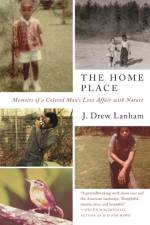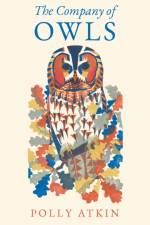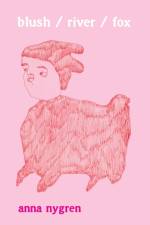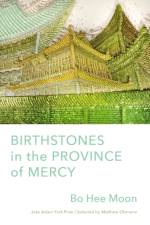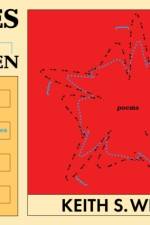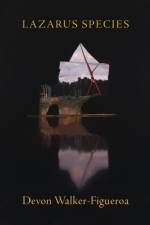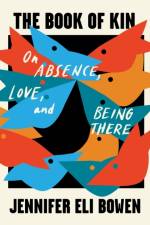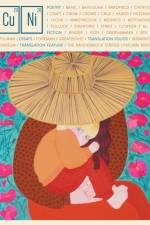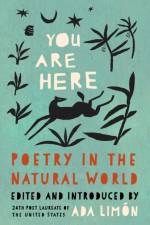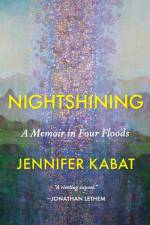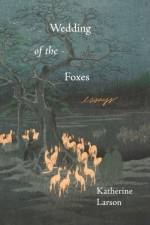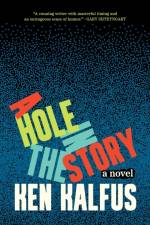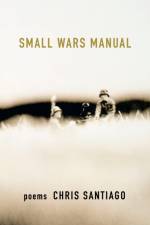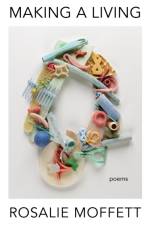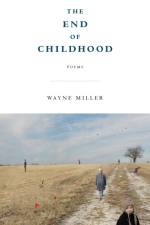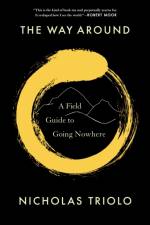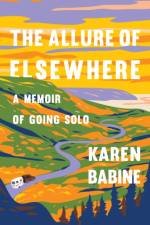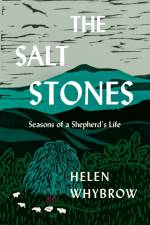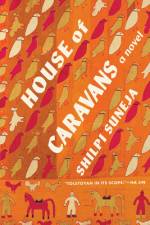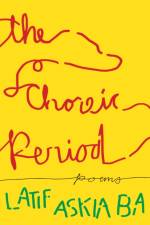av Devon Walker-Figueroa
187
From the celebrated author of Philomath, an astonishingly inventive collection of poems illuminating human, planetary, and personal survival.Traversing historical, terrestrial, and discursive limits, Devon Walker-Figueroa brings a chorus of perspectives, eras, idioms, and ideals into novel if not turbulent dialogue. In this dazzling second collection, bursting with detailed case studies, obscure natural phenomena, and flagrant apocrypha, these poems calculate the debilitating and contorting costs of survival. “You find your family, / your whole phyla & future, buried / in some encyclopedia & glean / how small the risk of eternity,” she imagines, addressing the consciousness of a “Lazarus species”—creatures thought vanished, even while they live.Here, classical poetic forms meet postmodern notations and aerospace architecture meets Babylonian hymns, all of them wrestling with the aberrant existence we yield to in life, and wield against other lives. We read into the worlds of a tormented Lawrence of Arabia, our special ancestor Australopithecus, Tesla’s space dummy Starman, and other brilliantly posed figures and sagas in indelible spaces like “The Euthanasia Coaster,” a “Desert Theater,” and “Paradise Lust.” Conceptually driven and blooming with a lyricism at once tender and razor-sharp, Lazarus Species knows no bounds in the exploration of an evolutionary, archeological, and interstellar vision.

